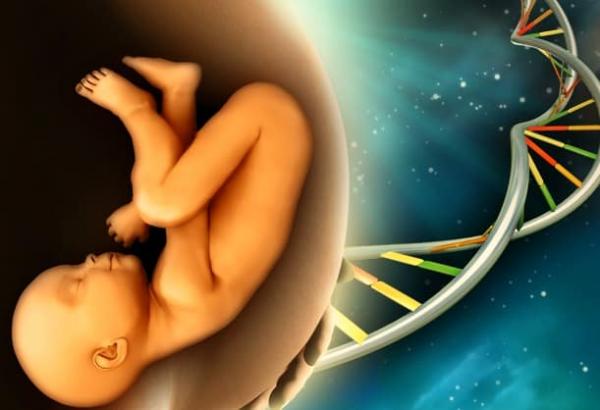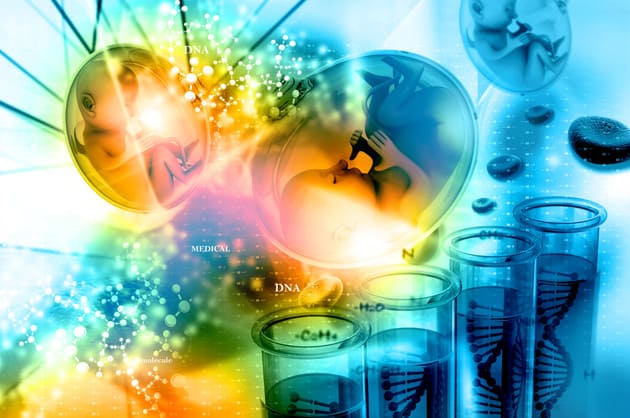
Ultrasound tests became popular in American hospitals during the 1970s. Suddenly, what had been a complete surprise for future parents became a matter of a visit to the doctor. Future parents were able to figure out the gender of their child before he/she was born. While discovering the gender of their child is an exciting moment for most parents, the foreknowledge of gender has had some unfortunate consequences.
For example, in a world where abortion is a real thing, some parents choose to abort when the sex of their unborn child is undesirable (i.e. some female fetuses in East Asian countries).
The potential of genetic testing
Now, what if you were able to know virtually everything about your child before he/she is born? What if you knew your future son would struggle with obesity? Would you treat him differently?
What if you knew your future daughter would inherit your intelligence, while your other children would not?
What if you knew how tall they'd be, how compassionate they would be or how violent they would be?
Similar to the advent of ultrasound testing (which began in the 1950s but took a couple of decades to become popular), advanced prenatal genetic testing is possible now.
Here's how it's done
The key is for geneticists to be able to peek inside the fetus' DNA. If they can do that, they can see what DNA comes from mom and what DNA comes from dad and then tell you all sorts of information about your future child.
Here's the thing: This has been possible for quite a while now, but hasn't been popular because current procedures put the baby at risk. In order to snag the fetal DNA, doctors have to use a needle to get to where the fetus is. They extract amniotic fluid or material from the placenta to stick under the proverbial microscope.
Here's what's new
Scientists have now discovered fetal DNA in the mother's blood. What does that mean? It means that now if parents want to learn more about their unborn child, all it takes is a blood sample from mom.
That being said, the technology still isn't perfect. There are still plenty of things a blood sample can't tell you (that previous, more risky procedures can), but the potential is worth looking at.
Practical use
The technology is currently being used to identify some general characteristics and genetic issues. Non-invasive prenatal testing (NIPT) can be used to identify whether or not a child will have Down's, Patau's or Edward's Syndrome. It can also be used to discover gender and the presence of what is called a microdeletion, which indicates that the child will likely suffer from nearsightedness and poor hearing.
The big question
The future is approaching rapidly. The science is being perfected. Eventually, a moral line will need to be drawn. Of course, this modern-day miracle can and will be used for good, but there's always a flipside to the coin.
Would knowing that the IQ of your future son is significantly lower than average affect how you treat him? If you know he got it from his father's side, would you become bitter towards him if your son performs poorly in school?
Eventually the question of genetic engineering comes into play. If I find a gene I don't like, would it be ethically OK to engineer it out of the fetus' DNA? The possibilities and implications are far-reaching.
Maybe everything will turn out alright, or maybe Albert Einstein was right when he said, "It has become appallingly obvious that our technology has exceeded our humanity."
Where is the line? Let us know what you think in the comments.
Much of this article is based on information from this article, published by Time Magazine.


